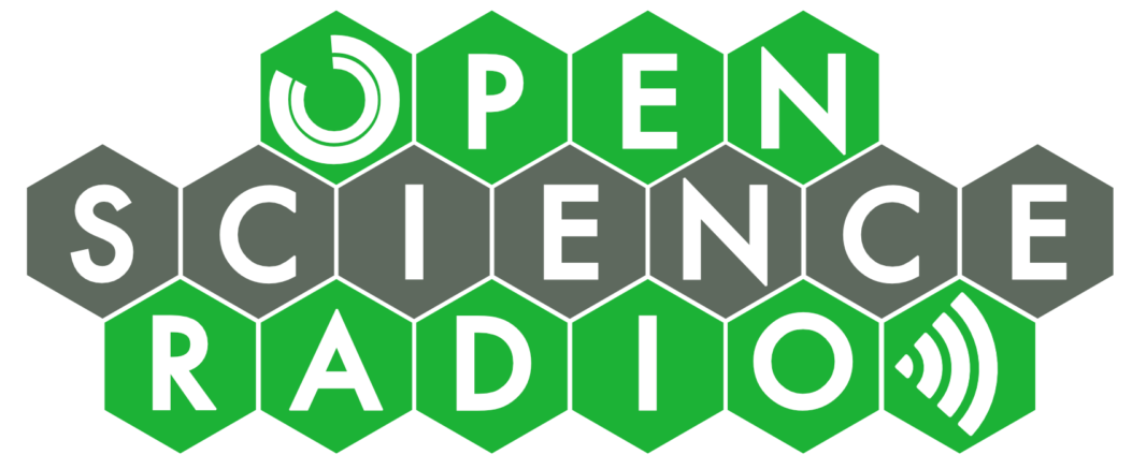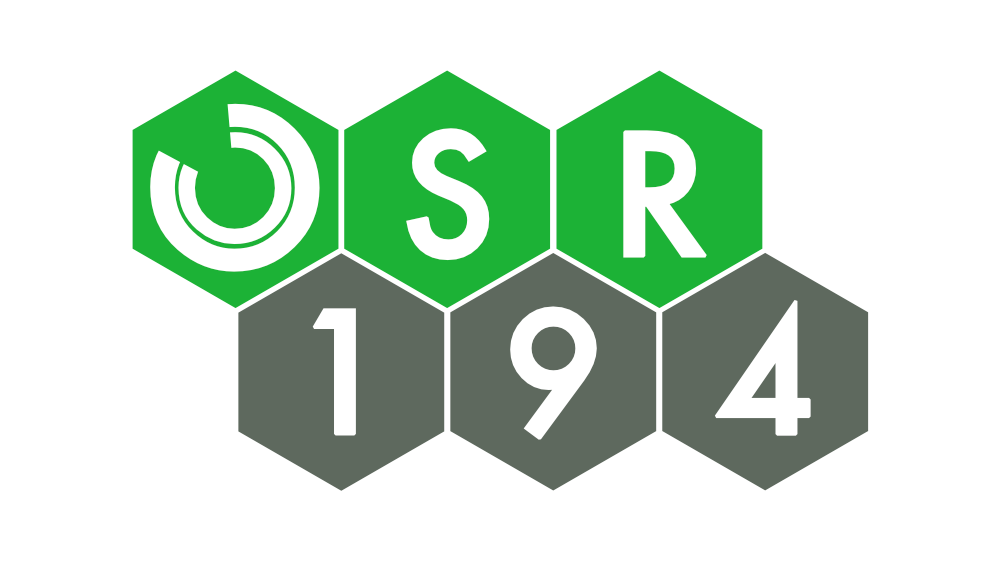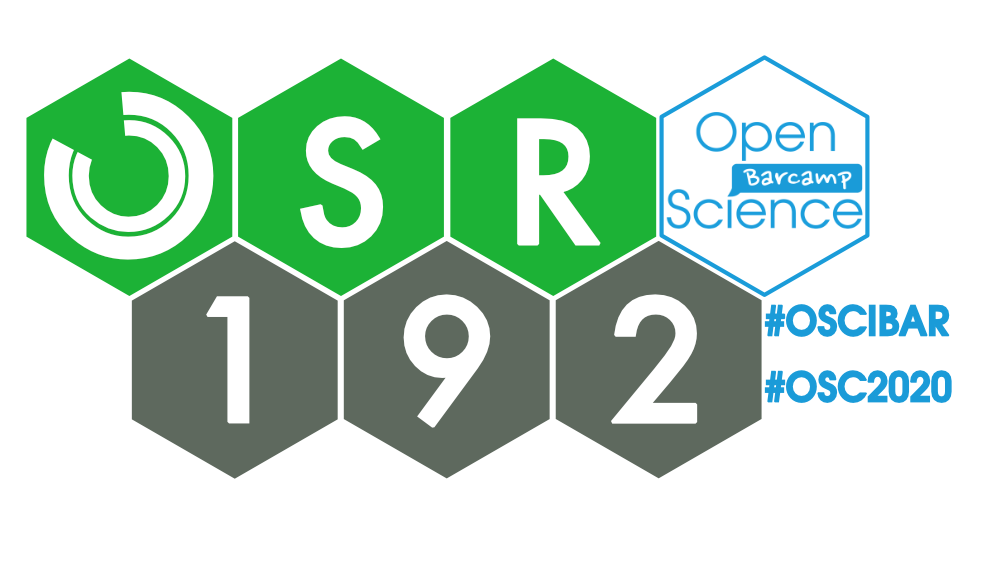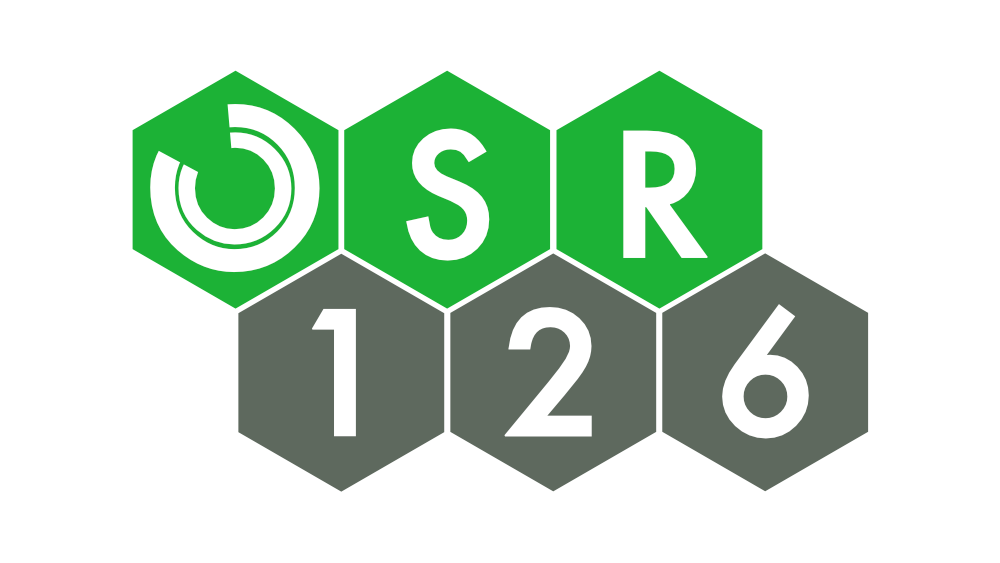Nach seeeeeeehr langer Zeit melden wir uns mal wieder im „alten Format“ mit einer Classic-Episode zurück. Ja, die Situation rund um Corona hat uns einiges abverlangt und einiges an Energie gefressen die normalerweise auch in dieses Projekt geht. Und so geht’s in dieser Episode auch um genau diesen Elefanten im Raum. Wir blicken aber auch auf die News, die … nun ja, so richtig keine mehr sind. Wir stellen uns also auch die Frage wie sich solche Entwicklungen auf unseren Podcast, das Format und die „News“ auswirken. Viel Spaß!
Alle Artikel mit dem Schlagwort: Scholarly Publishing
OSR192 Marie Farge on her Vision of the Scholarly Publishing System #oscibar [EN]
This episode was recorded at the Barcamp Open Science 2020 in Berlin but is not a summary of a session. Instead you can look forward to a deeper discussion with Marie Farge in which she presents her vision of the scholarly publishing system. In the suggested szenario, journals are owned by their editorial boards and are running on publicly funded infrastructure (classic platinum Open Access) which ensure proper peer-review by the community of a field. She also elaborates the important role of commercial publisher which should run multidisciplinary journals for the popularisation of science and the translation of new findings to a broader public.
Many of the ideas discussed are described in the chapter Marie contributed to the European Commission’s publication Europe’s Future: Open Science, Open Innovation, and Open to the World (edited by Carlos Moedas). A PDF-version of her chapter is publically available.
OSR126 Dinosaurs, Scholarly Publishing and Open Science Education with Jon Tennant [ENG]
In this episode we had the great opportunity to talk to Jon Tennant, a fairly well-known Open Science advocate with many hats and even more projects. We talked to him about what drove him to Open Science, how it came about that he wore some of these hats and about his most recent (and community-driven) project, the Open Science MOOC. Jon has a thing with dinosaurs – be it the extinct species or legacy publishers in the academic world. And one thing became clear: he’s doing something about it.



